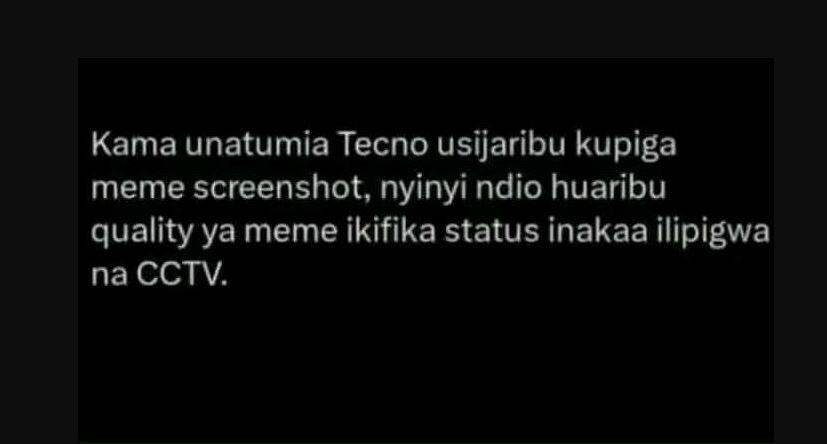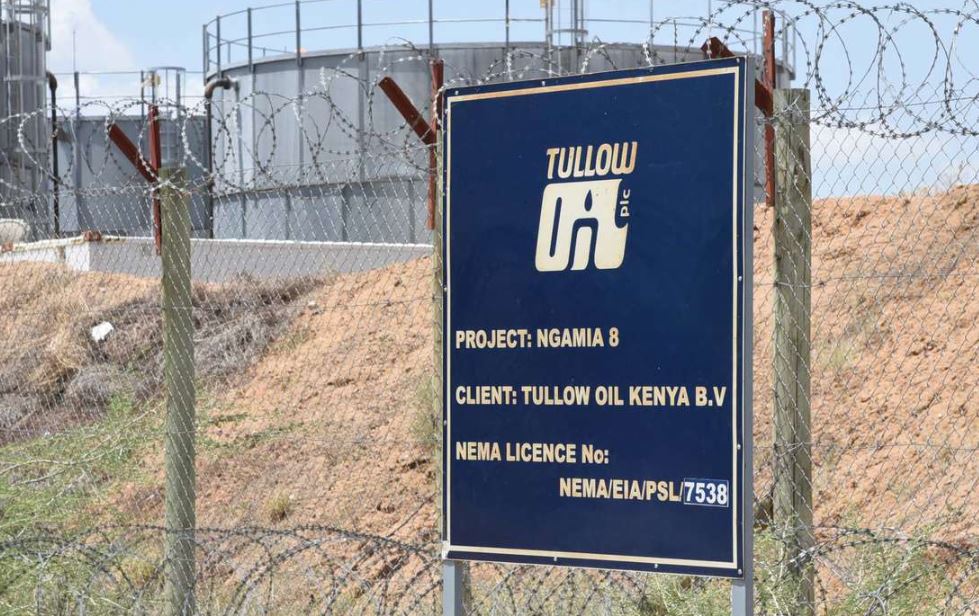
The new rules came after Deputy President Rigathi Gachagua convened a meeting of all Regional and County National Government Administration Officers (NGAO) and Security Teams, which included County Police Commanders from the Kenya Police Service, Administration Police Service, and Directorate of Criminal Investigations.
Interior Cabinet Secretary Kithure Kindiki, in a statement delivered after the meeting at the DP’s official residence in Karen, Nairobi, announced that the government perceives the current scale of trade, consumption, and abuse of drugs and illicit alcohol in the country as a national security threat.
25 Stringent Rules Implemented in Crackdown on Illicit Alcohol
To address the crisis of illicit alcohol and substance abuse in the country, the government has introduced 25 new measures, including:
- All licenses and certification permits for second-generation alcohol and alcoholic beverage distillers and manufacturers, issued by the Kenya Revenue Authority and Kenya Bureau of Standards, are suspended immediately. Existing valid licenses will undergo fresh vetting within 21 days, and premises can resume operations only upon obtaining fresh approval.
- A meeting for currently licensed manufacturers and distillers is scheduled for Tuesday, 12th March 2024, at 10:00 am, to discuss the new measures.
- New license applications for manufacturers must include Quality Control (QC) laboratories with Gas Chromatography with Flame Ionization Detector (FID), operated by competent laboratory analysts. Monthly QC results must be submitted to the Kenya Bureau of Standards (KEBS).
- Alcohol manufacturers must document all traders in their distribution chain, ensuring full traceability from factory to consumer, including details such as manufacturer information, location, and ingredients.
- The Kenya Bureau of Standards will ensure that industrial ethanol is denatured within 45 days to prevent diversion and accidental use in alcohol manufacture.
- Licenses issued to bars and outlets by County Governments that violate the Alcoholic Drinks Control Act, especially regarding premises in residential areas and around educational institutions, are null and void. County Security Teams are instructed to shut down and seize such premises immediately.
- Bars and alcoholic outlets are prohibited from operating beyond stipulated hours, as specified in section 34 of the Alcoholic Drinks Control Act. Violators face fines, imprisonment, and forfeiture of drinks, accessories, and license withdrawal.
- Manufacturers must report counterfeits to the Anti-Counterfeit Authority, providing geo-location and physical details of licensed premises. Unauthorized premises housing manufactured stocks will be considered illegal.
- Law enforcement officers abetting offenses related to alcohol under the Narcotics Drugs and Psychotropic Substances Control Act will be held liable.
- Public officers in the enforcement/compliance chain are prohibited from owning or operating bars directly or indirectly. Compliance will be cross-referenced with relevant records.
- Landlords or premise owners renting space for bars in prohibited areas will be held liable under section 20(c) of the Penal Code.
- Chemists and agrovets must submit licenses to the Pharmacy and Poisons Board and Veterinary Medicines Directorate for verification within 30 days.
- Licensed pharmacists and veterinary doctors dispensing prescription drugs without a prescription will be deregistered.
- Vehicles/buildings used in storage, manufacturing, and trafficking of illegal drugs, illicit brews, and alcohol will be seized and deemed government property.
- The Ministry of Interior and National Administration and Ministry of Health will establish branding and color specifications for alcoholic and tobacco distribution vehicles. Products must be transported between 6 am and 6 pm only.
- A multi-stakeholder approach led by National Government Administrative Officers will strengthen surveillance, enforcement, and compliance at all levels.
- Surveillance at border points will involve a multi-agency framework with key actors, including KEBS, Immigration, KRA, NPS, and ACA.
- The Kenya Bureau of Standards will review guidelines on minimum quantity of alcoholic drinks within 60 days, enhancing it from 250ml to 750ml or higher.
- Enforcement agencies will undertake integrity vetting of officers at border points, highways, and regional offices.
- The importation, manufacture, sale, use, advertisement, promotion, or distribution of shisha is outlawed, with County Security Teams required to enforce this provision.
- Labeling and packaging of all tobacco products must comply with the Tobacco Control Act 2007 and the Tobacco Control Regulations 2014.
- The National Treasury is urged to harmonize customs and excise duty of ethanol in the EAC region within 45 days.Additionally, within the next 60 days, the National Treasury is mandated to finalize taxation proposals, including:
a. Introducing a model of taxation based on alcohol content.
b. Evaluating and revising the taxation framework for beer and other non-spirited alcoholic drinks to minimize the risk of adverse health effects.
c. Enforcing the mandatory adoption of digital KEBS/KRA stamps for all alcohol and alcohol-based products, necessitating the withdrawal of physical stamps.
- The Ministry of Health is urged to establish dedicated rehabilitation wards/facilities in level 3 and above hospitals.
- Parliament is requested to expedite legislative interventions for amendments to various acts and regulations related to alcohol, tobacco, public health, pharmacy, and veterinary medicines.
- County Security Committees were directed to shut down and destroy all illicit manufacturing installations, distilleries, agrovets, and chemists not within the approved list of licensed enterprises within 10 days. Committee members will be held liable for unlicensed operations in their respective jurisdictions, facing disciplinary action.








